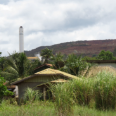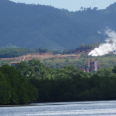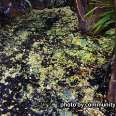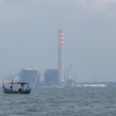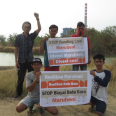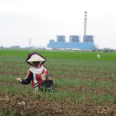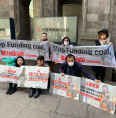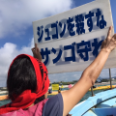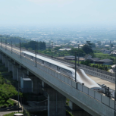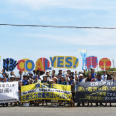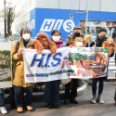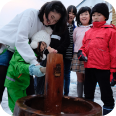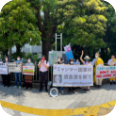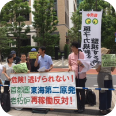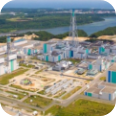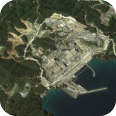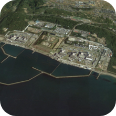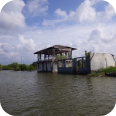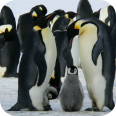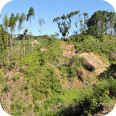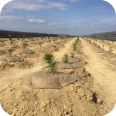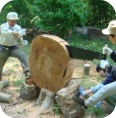THEMES
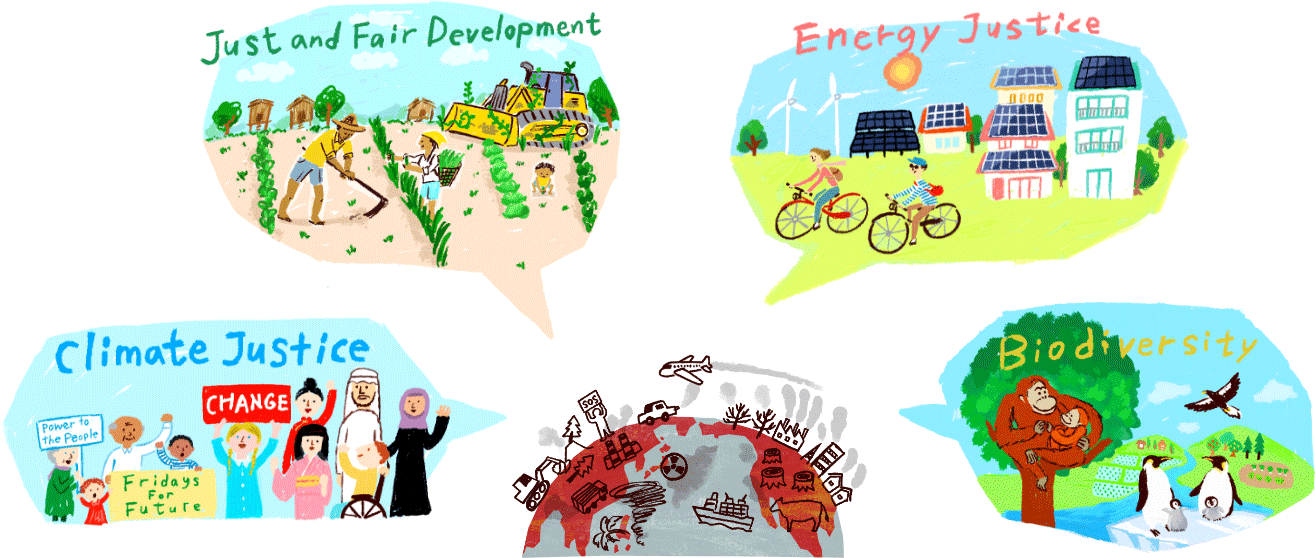
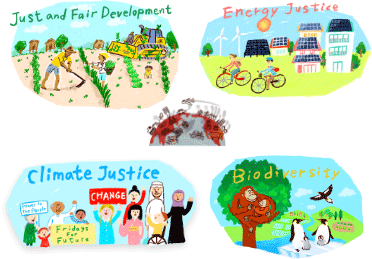
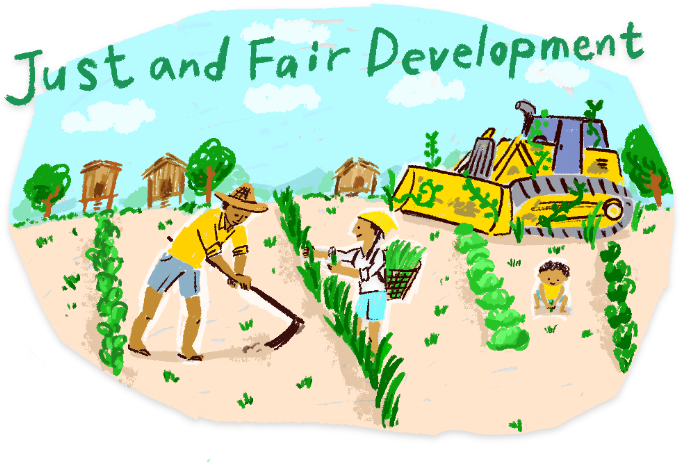
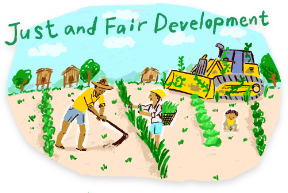
In the name of “development,” Japanese governmental agencies and corporations have been securing resources and developing infrastructure. However, this “development” is causing irreparable damage to local ecosystems, the livelihoods and social relationships of local residents. In some cases, people trying to prevent it are faced with serious human rights violations such as violence and intimidation by the state and large corporations.
For local residents to build their own future, we aim to create a society in which decisions are made in line with their needs in an appropriate and democratic process. This will allow them to make decisions freely and minimize environmental and social impact.
Our activities in this theme
- For our activities related to fossil fuels, biomass, forests and development and human rights, we monitor development projects that cause damage and make policy recommendations to relevant authorities.
- We are working on the Fukushima Pokapoka project as a recreation program for people affected by the Fukushima Daiichi Nuclear Power Plant accident.
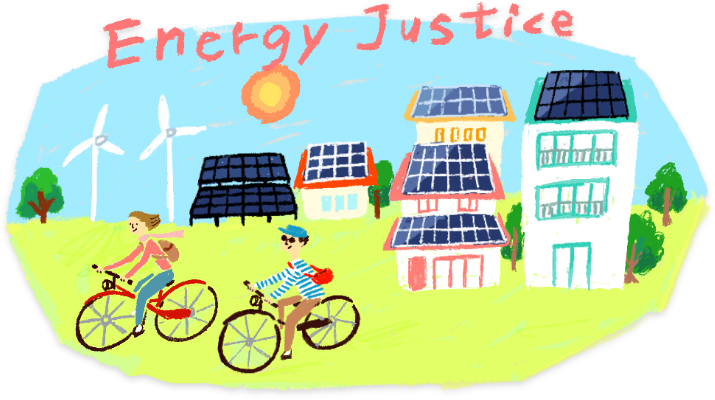
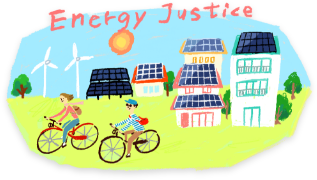
Where does the energy we use every day come from?
Japan has relied on fossil fuels such as coal and gas, as well as nuclear power using uranium, for most of its energy needs. When we continue to burn fossil fuels, the effects of climate change will become increasingly severe. Nuclear power plants produce nuclear waste that needs to be managed for tens of thousands of years, and also pose the risk of large-scale accidents, as seen in the Three Mile Island nuclear power plant accident, the Chernobyl nuclear power plant accident, and the TEPCO Fukushima Daiichi nuclear power plant accident. However, the Japanese government is attempting to restart nuclear power plants regardless of the damage people still face from the Fukushima Daiichi nuclear power plant accident.
Massive renewable energy developments may violate human rights and ecosystems as well. We therefore need to rethink the structure of our society that uses large amounts of energy. With these ideas, Friends of the Earth Japan is working toward a new democratic and sustainable energy society that emphasizes people’s lives and biodiversity conservation.
Our activities in this theme
- In our fossil fuels and nuclear activities, we are trying to show that these energy sources are not sustainable and urging governments to phase them out.
- Even among what are called renewable energies, some energies are associated with deforestation and have a large environmental impact. In the activities of biomass, we are focusing on the problem of imported biomass in particular and making policy proposals.
- We are proposing a transition in energy policy from the perspective of its impact on climate change.
- The Power-shift campaign encourages people to choose an electric power company that aims to produce environmentally friendly renewable energy.
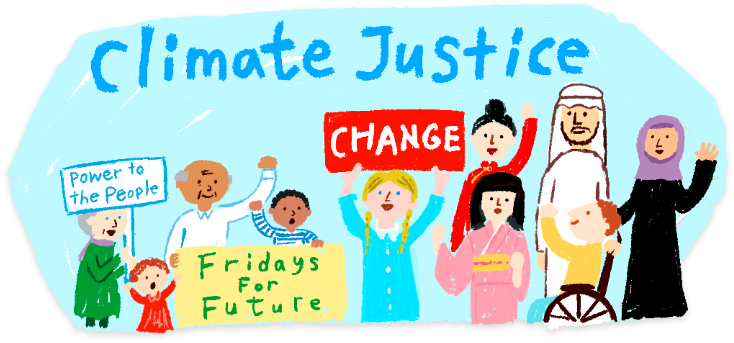
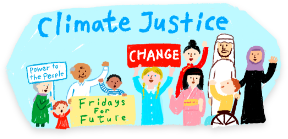
Have you ever heard of the term “Climate Justice?”
The issue of climate change has already become what is known as a “climate crisis”. While developed countries have been emitting a lot of greenhouse gasses that cause climate change, developing countries are the ones who are suffering more. In addition, the social mechanism of mass production, mass consumption, and mass disposal that is causing the climate crisis, is based on racism and various social inequalities. “Climate Justice” is a concept that aims to solve the climate crisis and achieve social equality at the same time.
To achieve climate justice, Friends of the Earth Japan participates in international conferences to discuss international policies with colleagues from around the world, and works with local people who voice their opposition to projects that accelerate climate change.
Our activities in this theme
- By researching and disseminating information about the reality of climate change, we urge citizens to become concerned and take action. We also make policy proposals for climate justice to the Japanese government, corporations, and the international community.
- In the activities of development and human rights, we make policy recommendations to relevant organizations on social systems that create various inequalities and call for improvements.
- The community adaptation project in Indonesia is conducting research on the damage of climate change and providing support for adaptation in affected communities.
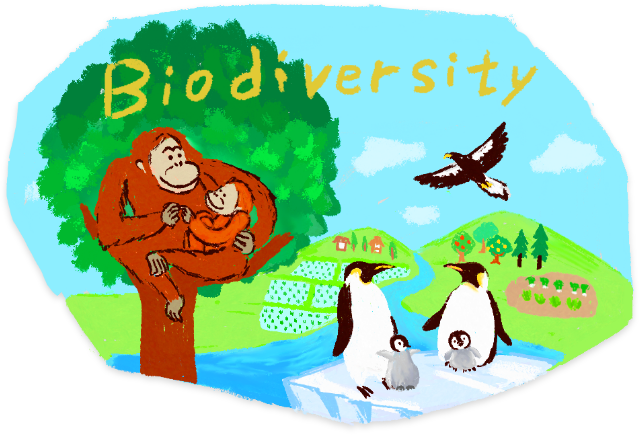
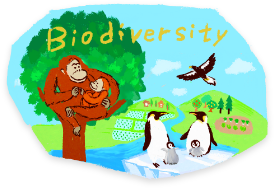
Biodiversity refers to the state in which a variety of organisms form diverse ecosystems by interacting with each other. On the Earth, tens of millions of species have thrived by evolving for the changing environment since long before the dawn of humanity.
According to a recent report by a group of experts, about 1 million species are at risk of extinction in the coming decades. The biggest factor is the destruction of ecosystems due to human activities such as development and overexploitation. Rich ecosystem services such as forests, rivers, and oceans are being lost, causing disasters and pandemics, and contributing to climate change. It is necessary to stop the chain of crises.
Friends of the Earth Japan conducts research focusing on issues of large-scale development and the logging of forests in Japan and overseas for the Japanese market, and urges governments and corporations not to destroy biodiversity any further.
Our activities in this theme
- To eliminate the distribution of illegally logged wood and promote more sustainable use of wood, we conduct research on the current state of forests in Japan and overseas, and make recommendations for the government and companies.
- In our activities on biomass and development and human rights, we are monitoring development projects that cause biodiversity loss and violate local people’s rights, and making policy recommendations to relevant organizations.
- Our antarctic conservation project advocates for the establishment of marine protected areas to conserve biodiversity in the Antarctic Ocean.
- We are conducting the satoyama restoration project and the coastal forest restoration project to preserve and restore biodiversity.
